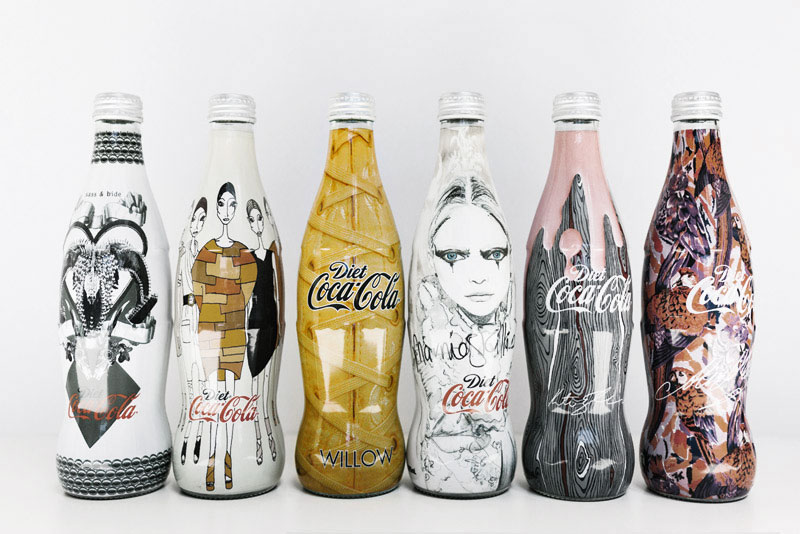Australia has seen many changes in packaging and labelling laws in recent years. From inflatable swim tools to cigarettes, different laws will apply and they are often strict liability.
This means if you get it wrong, your products could be recalled or even worse, people could get injured.
Given the dynamic nature of these laws, it is always important to seek legal advice on labelling and packaging matters. At Sharon Givoni Consulting, we have extensive experience in this area.
All packages
As a general rule, all product labels must comply with the Competition and Consumer Act 2010 (Australian Consumer Law). This prevents you from making any false, misleading or deceptive claims on your products. The Australian Consumer Law also requires you to comply with any mandatory standards and industry specific regulations.
The specific requirements depend on what you are selling. For example, the care labelling for flannelette winter pyjamas are vastly different from the labelling requirements for an inflatable pool toy. Do not just rely on your manufacturer to get it right as well. Australia has some of the strictest labelling requirements in the world, so do not assume that the care and safety warnings provided will always comply.
Further, the Australian Consumer Law is not the only thing which you need to consider on your packaging. Rules in relation to IP law, such as trade marks, copyright and designs also need to be considered.
Food labelling specifics
In 2016, new country of origin requirements for food and beverages offered for retail sale in Australia came into effect. The aim of these new requirements is to make it clearer where the products you sell are products, grown, made or packed. Again, what symbol and information you can provide on your products will now be heavily regulated. Currently, there is a transition period for producers and manufacturers to get up to speed, but by 1 July 2018 all food labelled must follow the new rules.
Further, when it comes to food labelling, there are other issues such as when you need to label products as GMO and other content labelling which you need to consider. Do you know when you can and cannot use the word “organic” on your food labelling? Getting these things wrong can have drastic consequences, but getting it right can be a marketing benefit for you.
Cigarettes
In 2012 cigarette plain packaging laws came into force, meaning that all cigarette packets had to be sold in plain packaging. Plain packaging legislation is detailed and precise. The exact font, colours, size, pictures and warning labels (along with a whole range of requirements) are all prescribed and the legislation can be a minefield to navigate.
Other areas of labelling
We are able to provide labelling and packaging advice relating to:
- Country of origin labelling (phrases such as “Made in” and “Product of”)
- Weights and measurements laws
- Product specific laws regarding food, cosmetics and electrical goods labelling requirements
- Product specific liability issues – ensuring goods are labelled in a manner that adheres to consumer safety requirements and the proper use of warnings, safety instructions and ingredients labelling
- Environmental or ‘green’ claims
- Price reduction claims
- GMO labelling
- Therapeutic goods labelling
- Clothing labelling
- Cigarette Packaging
- Trade marks
- Egg labelling guidelines

